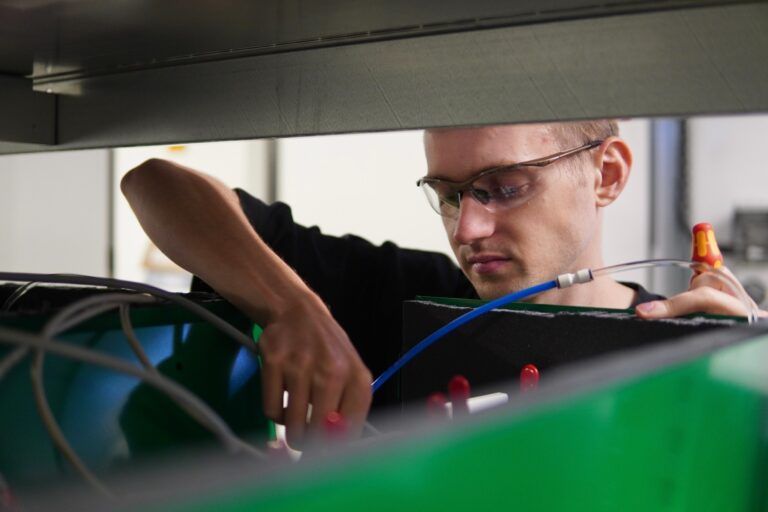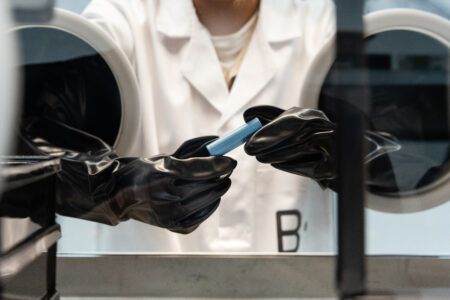Monolith, artificial intelligence (AI) software provider to the world’s leading engineering teams, has partnered with industry-leading battery technology innovator About:Energy to ease the growing pressure for more accurate and scalable electric vehicle (EV) battery modelling and testing.
The two UK-based EV technology start-ups share a common vision for a dramatic reduction in EV development time, with the potential to speed up the R&D process by 12 to 18 months through AI-powered battery modelling.
Engineers from both companies are working together to develop pre-trained AI models in the Monolith platform using precise, advanced battery data from About:Energy. Taking data from numerous batteries, these pre-trained models will enable more accurate, valuable predictions for battery degradation and thermal propagation – resulting in a lower number of tests, reduced costs, and improved battery performance and safety.
“At About:Energy, we have developed technologies to obtain battery data of world-leading quality,” said Gavin White, CEO and Co-Founder of About:Energy. “This partnership with Monolith is a testament to our commitment to driving innovation and adding significant value to the industry and our customers.”
“Our partnership with About:Energy allows us to build more accurate models predicting battery degradation and thermal runaway, using the most robust and reliable battery test data available to engineers,” said Dr. Richard Ahlfeld, CEO and founder of Monolith. “Whether you are an automotive OEM looking for more comprehensive data, a battery manufacturer, or an EV start-up without test facilities, our pre-trained AI models promise to help optimise your battery validation test plans, and ultimately accelerate the availability of better EVs.”
The integration of advanced, technologically driven testing and validation practices will enable vehicle manufacturers to obtain new, rich insights into the intractable physics of batteries – delivering higher-performing batteries in a significantly reduced timeframe. The immediate focus for the partnership is automotive, with the potential to roll out to other transport sectors such as micromobility and aerospace.





